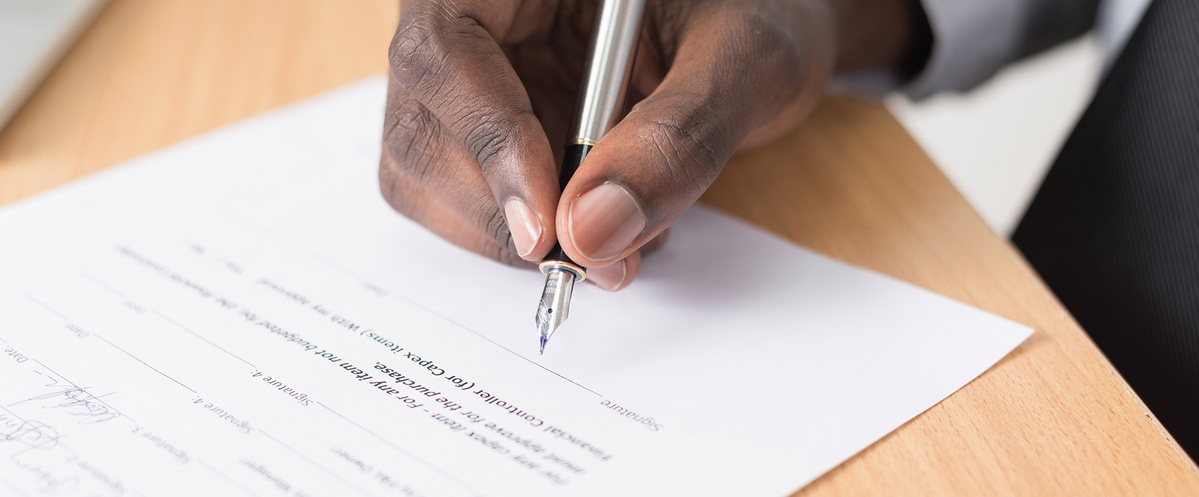What is a formal notice demand letter?
Have you ever been in a situation where you or your company had to ask someone to take action or provide compensation? If so, you may have heard of a demand letter, which is commonly used in legal and business settings as a formal notice that outlines the facts of a claim, the evidence supporting it, and the requested damages. While demand letters are not legally required to initiate a lawsuit, they are commonly used to resolve disputes before escalating to court. In this blog post, we will discuss what a demand letter is, how it is used, and why it is important for business owners and CEOs to understand.
Demand letter meaning
A demand letter is a written communication that is sent from one party to another, typically by a lawyer or legal representative, to demand specific action or compensation for damages from an insurance company. Demand letters are often sent to insurance companies in personal injury cases to seek adequate compensation. The letter outlines the grievances and requests and usually gives the recipient a timeline for responding or taking action to provide adequate compensation. Demand letters often include evidence such as medical bills to support the claim. In some cases, the recipient may choose to negotiate or settle before the situation escalates to a lawsuit or other legal action with the other party. It is important to identify all parties involved in the dispute.
When you send a demand letter, it formally requests performance of a legal obligation. The settlement negotiation process begins with the victim submitting a demand letter. It is crucial to read the letter carefully to understand the terms and implications of the sender's claims. A typical demand letter outlines the facts of the case and requests for compensation.
How does a demand letter work in the settlement negotiation process?
Demand letters are commonly used in a variety of situations, including breach of contract, unpaid debts, property damage, and personal injury claims. They can be an effective way to communicate your position and demand action without the need for immediate legal action. In addition to being sent by lawyers, demand letters can also be drafted by business owners or executives, as long as they are familiar with the legal requirements and procedures.
One of the main benefits of sending a demand letter is that it can save time and money in the long run. By clearly outlining the issues and requests in writing, the recipient is more likely to take the matter seriously and respond appropriately. It also shows that you are willing to take legal action if necessary, which can often lead to a faster resolution. In addition, demand letters can be used as evidence in court if legal action becomes necessary.

How to write and send a demand letter?
A demand letter must be clear, concise and professional. This means avoiding any emotional language or threats and sticking to the specific facts and requests at hand. It is also essential to make sure that the letter is sent to the correct person or company, and that all deadlines and other requirements are met.
Conclusion
A demand letter is a valuable tool for business owners and executives who need to request action or compensation in a legal or business setting. By clearly outlining the grievances and requests in writing, demand letters can save time and money, while also increasing the chances of a successful resolution. It is important to make sure that demand letters are drafted and sent in a professional and legal manner, and that all deadlines and requirements are met. Retrievables can provide you with a custom demand letter written by a collections attorney for only $59. Click here to get started.
